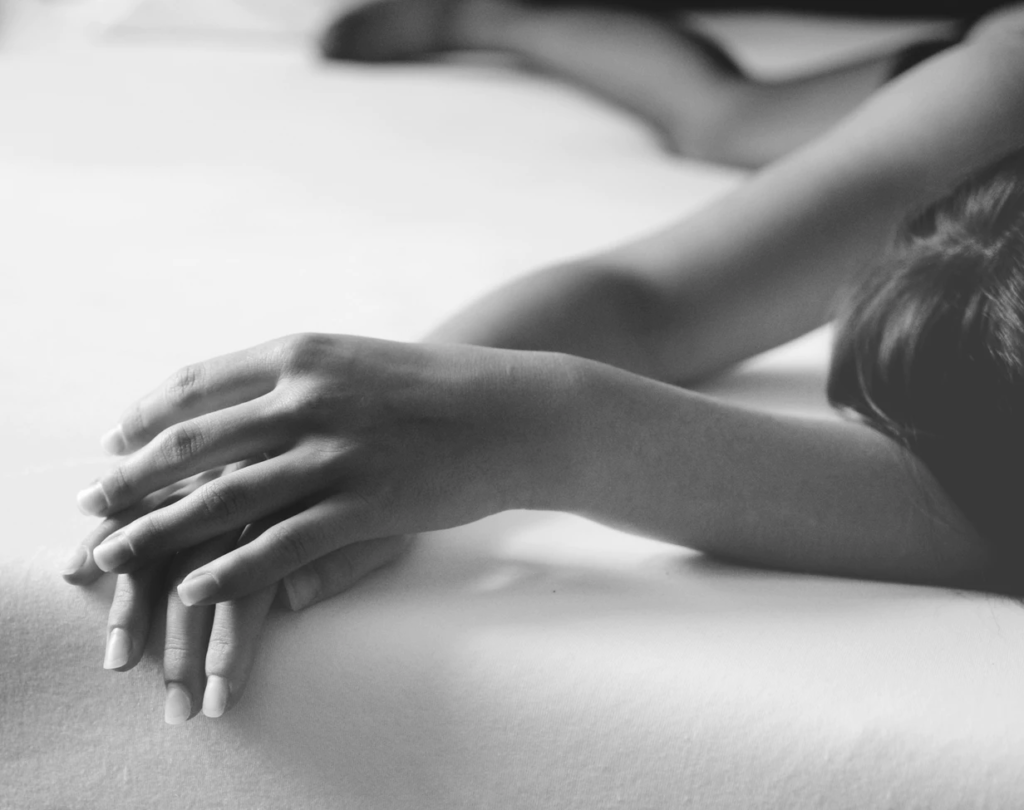Absence
Sleep is essential to keep us alive and fully functional. The lack of sleep puts you at risk for a number of problems including a loss of productivity, lowered immune system, weight gain and the overall health of the brain is severely affected by substantial lack of sleep and leads to cognitive impairment.
The following tips will have you waking up re-energized and equipped for the events of the day:
Prepare a Quality Sleep Space
Sleeping on an uncomfortable mattress is probably one of the most common reasons for a bad night’s sleep. Try different types of mattresses and pillows until you find one that fits your body. You can find pillows designed for specific sleeping styles. Consider a neck pillow that will keep your neck in a straight line, or even use two pillows, one for the head and one between your knees which can keep your hips in a neutral position.
Having a comfortable place to lay your head will signal your body to relax.
Sleep Position
It has been scientifically proven that people who tend to sleep on their back are more prone to sleep disorders like sleep apnea and lower back pain. This could result in difficulty falling asleep and sleep deprivation.
Sleep on your side to avoid any blockage in your airways caused by your sleeping position plus it is more beneficial for your heart, especially if you are pregnant to prevent heartburn and reflux. So your sleeping position does matter.
Comfortable Clothes
It has been found that sleep onset insomnia relates to a delayed temperature rhythm. Wearing comfortable sleepwear or no clothes at all will help regulate your body temperature better and help you snooze faster.
Turn Down the Thermostat
It is important to consider the overall temperature in your bedroom. During the evening, outdoor temperatures drop which tells your body’s circadian rhythms to prepare for rest. You can mimic this same natural event by lowering your home’s temperature slightly before bed.
Put on your socks to bed
Warm feet and hands best predict a quick sleep onset. Having cold feet literally obstructs falling asleep faster and hence the National Sleep Foundation suggests wearing socks to warm your feet before going to bed, to prepare your body for sleep.
Turn off Electronic Devices
Electronics keep your routine running smoothly during the day, however, bright lights and blue screens send a message to your brain that it is time to stay awake. Turn off your phone and laptop at least an hour before bedtime. If you find it hard to resist the urge to check your email, store your devices in a separate room.
Lifestyle Changes
It may not seem relevant but there are a number of things you do during the day which can affect how you fall asleep fast at night. This could range from what you eat and drink, to how you have dinner, whether you exercise or not and how stressed you are at bedtime.
It will be easier to fall asleep if you practice some of the lifestyle habits listed below:
Skip the late snacks and heavy meals
Establish a routine of eating a light, early dinner and you will be one step closer to a restful sleep.
Stay away from caffeine, alcohol, and medications
One of the most frequent reasons for poor sleep is excessive alcohol, caffeine or medications.
Avoid Late Night Exercise
If you are battling insomnia, the best time to exercise is in the morning to experience deeper sleep cycles and if anything, no later than 4-6 hours before going to bed.
Bedtime Relaxation Rituals
- Read a book or magazine by a soft light
- Take a warm bath
- Listen to soft music
- Do some easy stretches
- Wind down with a favorite hobby
- Listen to books on tape
- Make simple preparations for the next day
- Dim the lights in the hours leading up to bed

